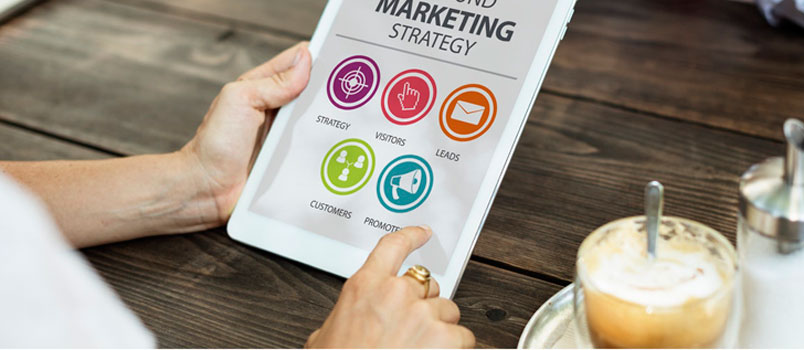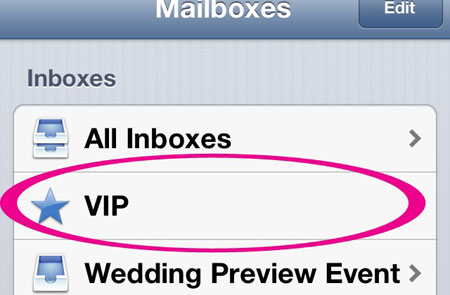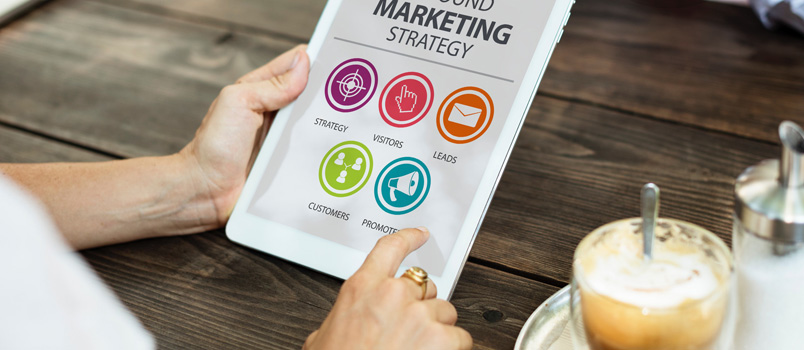If you’re managing a B2B business, then you’ll no doubt need to have a strong marketing campaign as one of your top priorities. It is through this marketing strategy that you’ll attract new business and keep your business profitable. Since the success of your business depends on the efficacy of your marketing plan, marketing is always an important facet among businesses. How can you convince customers to patronize your products or services if they don’t know that your business exists? Do you think your customers will still loyal to you if they don’t know anything about your promotions?
To meet and exceed performance targets, your marketing team must secure a high browser-to-client conversion rate. The solution, as many have discovered, lies in the shrewd use of digital marketing for manufacturing companies. But how do you know which of the numerous marketing strategies out there to use? Today we’ll explore three of the best marketing campaigns for B2B entrepreneurs.
Digital Funneling Marketing Campaigns
The goal with these campaigns is essentially attracting anonymous web users to your core virtual (and physical locations. This physical location may be a website or a virtual store. Inbound marketing agencies use these types of campaigns to pull corporate clients towards your brand. They usually include the use of the content, which may be an infographic, video, or text format.
The content in funneling campaigns is designed to appeal to the target audience, which means it is both attractive and useful. For many B2B entities, this is done quite successfully through the use of search engine optimized (SEO) blogs that are strategically posted on industry-leading blog sites or the company’s own blog. Explainer videos and E-books are prime examples of these digital content tools. An E-book outlining best practices in business accounting, for example, would be a useful funneling tool for a B2B company specializing in finance management. Through links or instructions provided in the content, users are guided to the brands’ main pages, leading to an increased likelihood of them becoming new customers.
A very effective way to capture interested browsers is to include invitations or prompts which encourage them to complete forms designed to capture the data you need. You can also embed ‘contact us’ or ‘sign up’ links so that browsers who are attracted by your brand can take that important next step. Data such as corporate emails will become very useful as you approach other marketing strategies.
If you want to end up with an effective digital funneling marketing campaign, consider these tips:
– Understand how a marketing funnel works: It’ll be very challenging for you to come up with a robust digital funneling marketing campaign if you don’t have any idea how a marketing funnel works. In addition to doing some research online to know how marketing funnel works, determining the sources and channels of brand discovery for your target audience can also help.
– Structure your Facebook ads account: For you to implement the things you have learned about the marketing funnel, you should pay attention as to how your Facebook ads are structured.
– Set objectives based on your sales funnel: Now that you know what a marketing funnel is and how you can make the most out of your Facebook ads, you should set objectives based on these factors.
– Select your targeting types: Social media profiles, such as Facebook, offer different services for businesses to help them easily market their products and services. Learn more about the targeting types that this platform offers and then assess which one is suitable for your needs and budget.
– Audit your efforts: Regardless of how flawless your digital funneling marketing campaign is, there will always be loopholes. Assess what these loopholes are and determine the cause of the problem. Look for solutions to these problems and improve moving forward. The more frequent you audit your strategies, the faster you can create an effective digital funneling marketing campaign.
Brand-Focused Digital Campaigns
These campaigns are designed to improve the visibility of a brand. They include the use of very attractive infographics, video as well as written content geared at presenting the brand in a positive light. These tools focus on the advantages that come with selecting the brand being promoted and are usually showcased through paid media options.
Online brand promoting events such as conferences, seminars, meetings or workshops are also very useful for this purpose. Through online events, you can offer real-time human interaction with the sales managers of your potential clients. These virtual events have a distinct advantage over the real-world alternative as they allow for flexibility. Busy sales managers, for example, need not abandon their posts in order to take part.
These campaigns are focused on establishing and promoting a positive image of the brand rather than prompting people to become clients immediately. E-books, videos and other promotional tools do not have links or ‘gateways’ embedded in them as the goal here is to simply inform or educate the user. But even though they do not really focus on immediate client conversion, this is ultimately the long-term goal. Campaigns like these are intended to ‘plant a seed’ of interest that produces fruit in the long run when prospective clients, having been exposed to information about the brand, decide to patronize the business.
Digital Networking as a B2B Marketing Strategy
The digital version of cold calling has become very popular as more and more B2B entities are recognizing the value of online marketing. This type of marketing campaign involves the use of social media platforms such as LinkedIn, to create a community of current and prospective customers. This network allows for more targeted brand promotion. You can reach out to this community through group messages, posts and other communicative tools available on the platform. Your digital content such as videos and blogs are also more visible to this network.
Email marketing is another tool that allows for more direct or targeted B2B marketing. Savvy marketing experts capitalize on this by maintaining and constantly updating an email list comprising existing and prospective corporate clients. Digital newsletters and other promotional material are then delivered directly to these contacts’ email addresses.
The ultimate goal of your digital campaign is to improve the popularity of your brand and trigger an increase in your client base. These top three marketing strategies, if leveraged appropriately can help you to achieve this objective.





